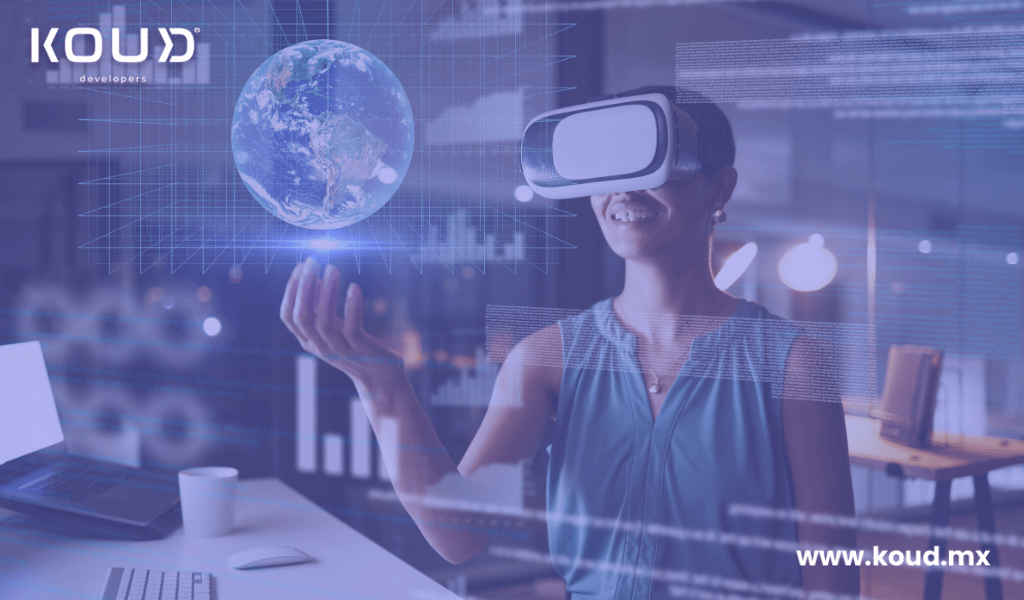Intelligent Automation: How AI is Revolutionizing Software
The New Era of AI-Powered Software
Artificial intelligence (AI) has ushered in an era of intelligent automation, where software no longer simply follows predefined rules but can now learn, adapt, and make decisions on its own. This has radically transformed the way applications are developed and used. From automating repetitive processes to creating programs capable of performing complex tasks, AI is revolutionizing software at an unprecedented level. This article explores how AI is driving this transformation and the impact it has on intelligent automation across various industries.
How AI is Revolutionizing Software
1. What is Intelligent Automation with AI?
Intelligent automation refers to the integration of artificial intelligence with automation technologies to optimize processes, improve decision-making, and reduce human intervention in repetitive or manual tasks. Unlike traditional automation, which follows fixed rules and scripts, intelligent automation uses AI algorithms to adapt to new situations, continuously improve, and make faster and more accurate decisions.
AI-driven automation is applied to a wide range of activities, from processing large volumes of data to executing complex tasks like robotic process automation (RPA) or managing digital infrastructures. Essentially, AI gives software the ability to “learn” as it processes more information, becoming more efficient over time.
2. Key Components of Intelligent Automation
To understand how AI is revolutionizing automation, it’s essential to identify its key components. Below are some of the main pillars of intelligent automation:
Machine Learning (ML)
Machine learning is the core of intelligent automation. ML algorithms enable software to analyze data, recognize patterns, and make decisions based on past experience. This allows automated systems to perform increasingly complex tasks without human intervention.
Natural Language Processing (NLP)
NLP allows systems to understand and respond to human language. This translates into smarter virtual assistants, chatbots, and customer support systems that can interact more efficiently with users.
Computer Vision
In industrial automation and robotics, computer vision enables machines to “see” and interpret their surroundings. This is particularly useful in applications like automated quality inspections, autonomous driving, or security control in buildings.
Robotic Process Automation (RPA)
RPA refers to the use of software robots to automate rule-based, repetitive tasks. With the integration of AI, RPA becomes more flexible and adaptable, enabling it to manage more complex processes and larger data volumes.
3. Applications of AI-Driven Intelligent Automation
AI has taken intelligent automation to new heights, with applications in various industries that are seeing significant improvements in efficiency, accuracy, and time savings. Some of the main areas where AI-driven intelligent automation is making a difference include:
Customer Service
AI-powered chatbots and virtual assistants can handle both simple and complex queries, learning from each interaction to provide increasingly accurate responses. This has greatly improved user experience and reduced the workload of customer service teams.
Finance and Accounting
In the financial sector, AI-driven automation is optimizing processes such as account reconciliation, fraud detection, and financial forecasting. Automated systems can analyze massive amounts of financial data in seconds, a task impossible for humans in the same time frame.
Manufacturing
In manufacturing, intelligent automation enables production lines to run more efficiently, with robots capable of adjusting their tasks based on real-time conditions. Additionally, AI in predictive maintenance helps avoid downtime and reduces operational costs.
Digital Marketing
Digital marketing platforms use AI to automate advertising campaigns, analyze user behavior, and adjust strategies in real-time. With intelligent automation, companies can personalize ads and content to maximize impact on their target audience.
4. Benefits of AI-Driven Intelligent Automation
The benefits of AI-driven intelligent automation go beyond mere efficiency. Some of the key benefits include:
Error Reduction
AI-powered automated systems are more precise and consistent, minimizing human errors and improving the quality of work.
Increased Productivity
By freeing employees from repetitive tasks, AI allows teams to focus on more strategic activities, boosting overall productivity and performance.
Adaptability
Unlike traditional automation systems, AI enables machines and software to quickly adapt to changes in data or the environment, making them more flexible.
Predictive Analysis
AI-driven automation also enhances predictive analysis, allowing businesses to anticipate problems before they occur. This is particularly useful in supply chain management and preventive maintenance.
5. Challenges of AI-Driven Intelligent Automation
Despite the tremendous advances, intelligent automation also presents significant challenges. One of the main concerns is the displacement of jobs in certain sectors. As automation replaces manual tasks, some jobs may be substituted by robots or software, raising concerns about the future of work.
Another challenge is data privacy and security. Since intelligent automation relies on access to large amounts of information, companies must ensure that data is handled ethically and securely, protecting sensitive user and customer information.
Finally, there is the complexity of implementation. Integrating AI into traditional software systems may require a significant investment in infrastructure and skills, which can be a barrier for some organizations.
In conclusion, AI-driven intelligent automation is radically transforming how software operates across nearly every industry. From customer service to manufacturing, the ability of automated systems to learn, adapt, and continuously improve is reshaping business operations on a global scale. As AI continues to evolve, intelligent automation will keep opening new opportunities to optimize processes and create a more efficient, connected world.

